Until 2013, Spanish photographer Cristina de Middel had never been to Africa, despite producing the critically acclaimed book, The Afronauts, a work of photographic fiction based on the true story of Zambia’s 1960s failed space program. “I was talking about Africa without having ever been,” she tells TIME. So, when the Lagos Photo Festival offered to show her work in Nigeria, she jumped at the opportunity. “They invited me to stay as much as I wanted, and asked me whether I’d consider doing another project about Africa.”
Following the success of The Afronauts, “a lot of people started sending me references for books to read about the continent,” she explains. “And one of these books was Amos Tutuola’s My Life in the Bush of Ghosts.”
The book, published in 1954, follows a young Nigerian boy forced to escape from his village, which has come under attack by soldiers. “The only way he can survive is by entering the Bush, this magical territory where no humans are allowed and where all the Yoruba spirits live and fight,” says de Middel. “This kid spent 30 years in the Bush, trying to find his way back home. He was married twice, became a king, a slave, a cow, a jar, a horse, a goat, ate gold, silver and bronze, snakes and snails. He fought two wars and was sentenced to death half a dozen times. All in just a hundred pages.”
In her new photographic series, called This is What Hatred Did, de Middel transposes Tutuola’s story to today’s world. “When I was reading Tutuola’s book, I was drawing sketches of how I would translate it into photographs,” she tells TIME. “I was thinking that, at some point, I’d visit a place where I’d be able to do this project.” That place ended up being Makoko, a slum in Lagos and one of the city’s most popular destinations among photojournalists. “If you’re in Lagos and you want to take pictures of poverty with beautiful light, smoke everywhere and dark waters, that’s where you go.”
De Middel could see and feel the “excitement” when she toured Makoko with other photographers during the Lagos Photo Festival. “It’s a very scary place, and I felt it had a lot of similarities with the Bush, this magical, forbidden place in the jungle. I decided Makoko would make for a great metaphor for the Bush.”
The photographer spent two weeks designing and producing props. “The most difficult part was to get the right birthday cake in Lagos,” she explains. Then, she had to seek permission from the community leaders, or “Kings,” in parts of Makoko before producing, composing and shooting her images.
“This work is a game, but it’s a game I couldn’t play alone,” she tells TIME. “I needed people to take part in it, to understand what I was doing. I was very interested in how the community would participate in the making of their own portraits. Sometimes they did things I didn’t know would happen, and that was the best part of the shoot. That’s what I wanted. In effect, I was generating the performance before acting as a photojournalist by taking pictures of what was happening in front of me.”
The end result, she says, is not a Westerner’s take on Nigeria. “My images include the people’s beliefs, rituals, religions. This is trying to understand from the inside.” Of course, de Middel admits, the final edit will reflect her opinion on her subject’s stories—whether real or imagined—especially when they are compiled in a photobook to be published by the Archive of Modern Conflict in early 2015.
In the meantime, the former photojournalist has no regrets about leaving the world of news behind. “In fact, I wish I’d done The Afronauts ten years ago,” she says. “Now I feel like I’m really documenting places. I feel like I’m finally understanding the stories I’m documenting. The way I approach these subjects is much deeper, and I feel that, as a result, my ideas are much more truthful then when I was a photojournalists. They are less superficial. They are deeper. I’m sure there are a lot of photojournalists who can understand and can explain a situation in their images, but I wasn’t one of them.”
Cristina de Middel is a documentary photographer and artist based in Spain. Her book The Afronauts was awarded the Infinity Award for a Publication in 2013.
Olivier Laurent is the editor of TIME LightBox. Follow him on Twitter and Instagram @olivierclaurent
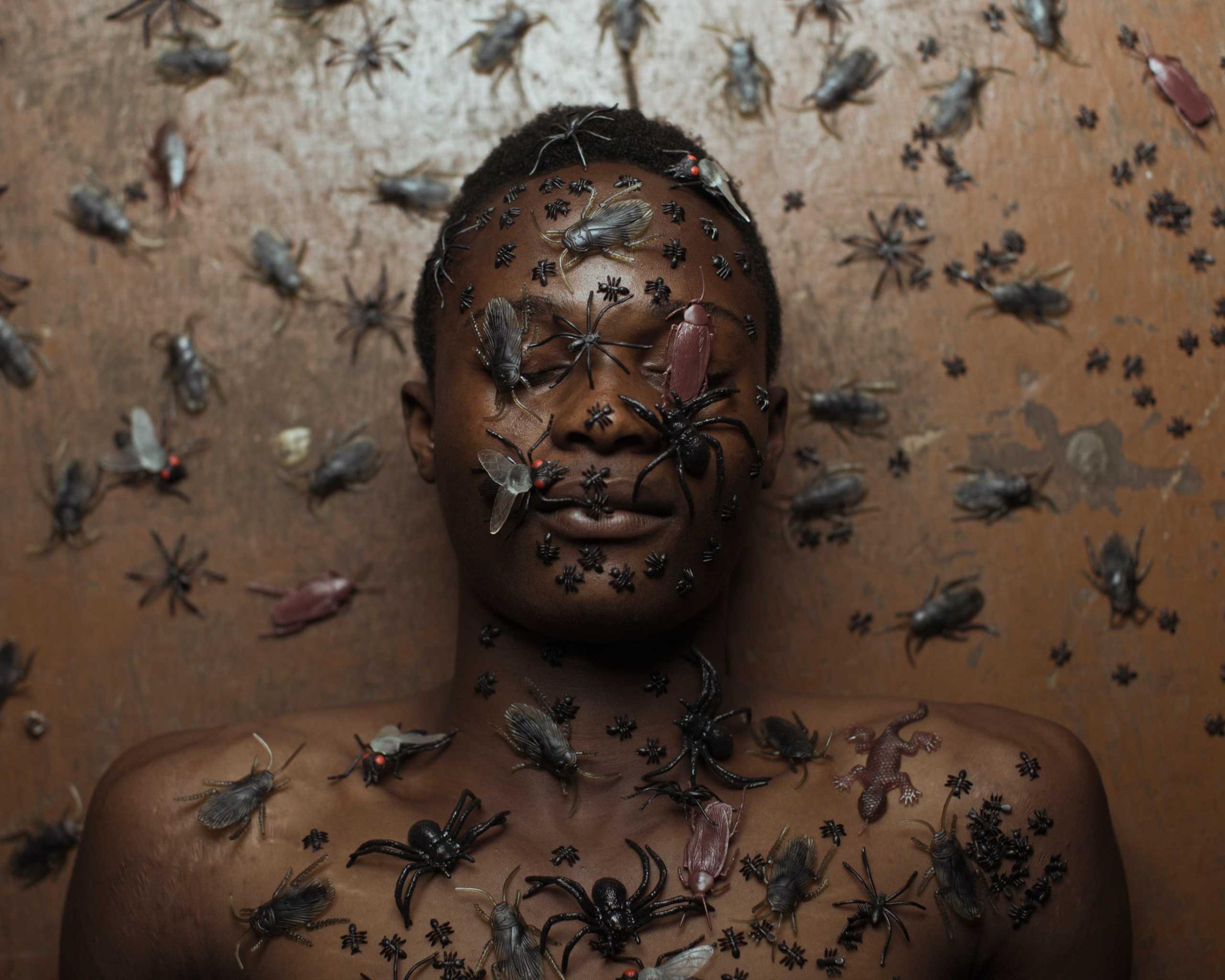
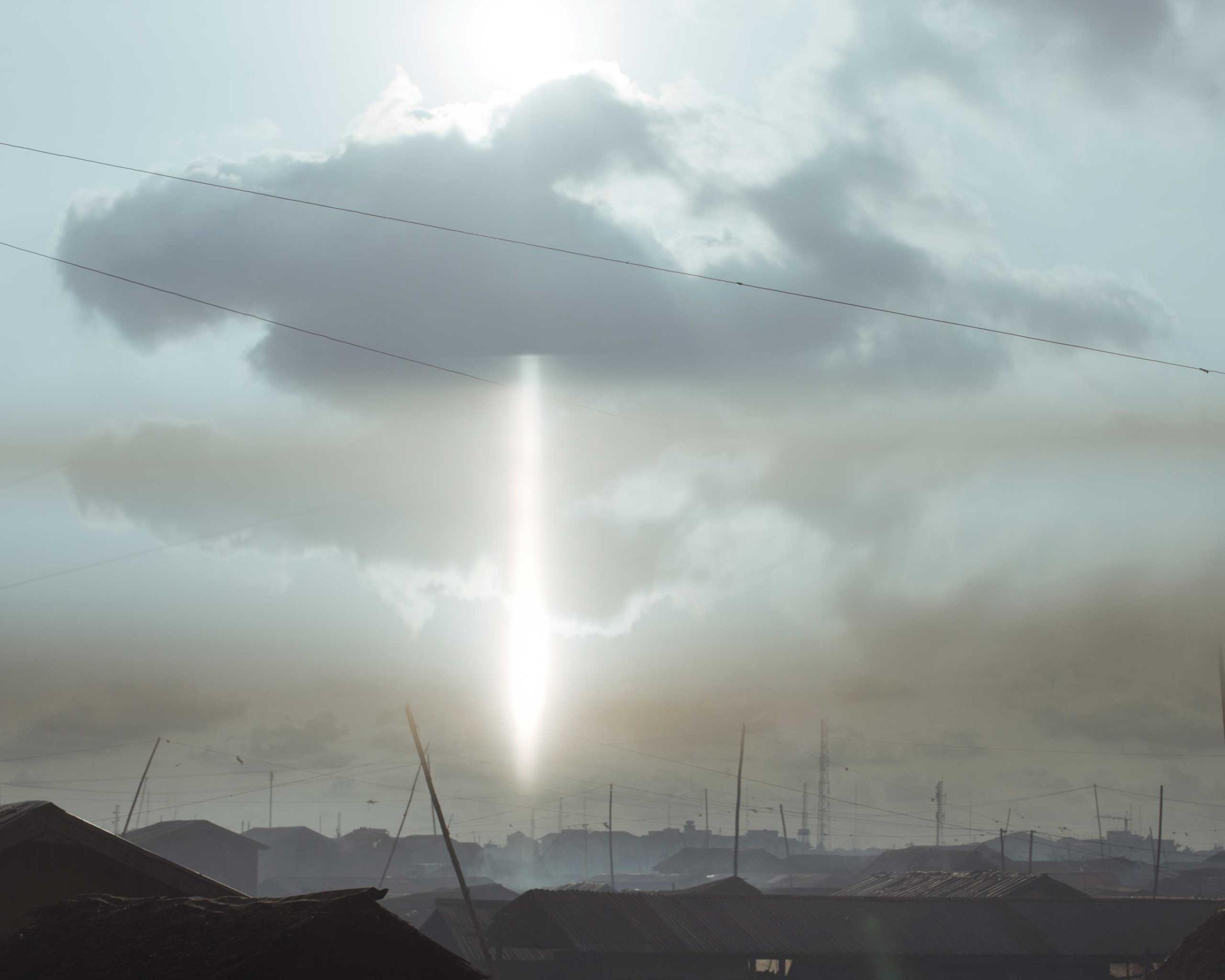
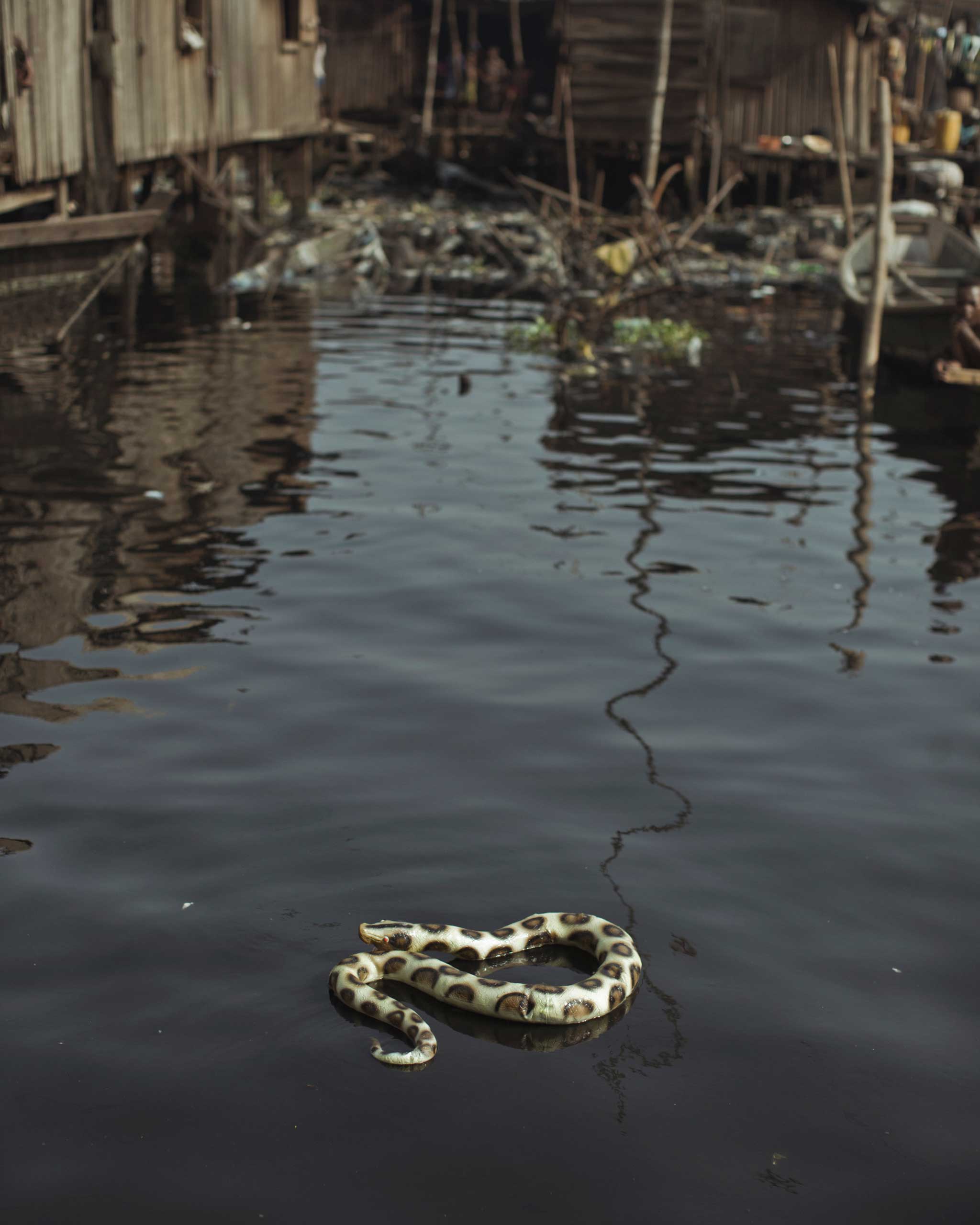
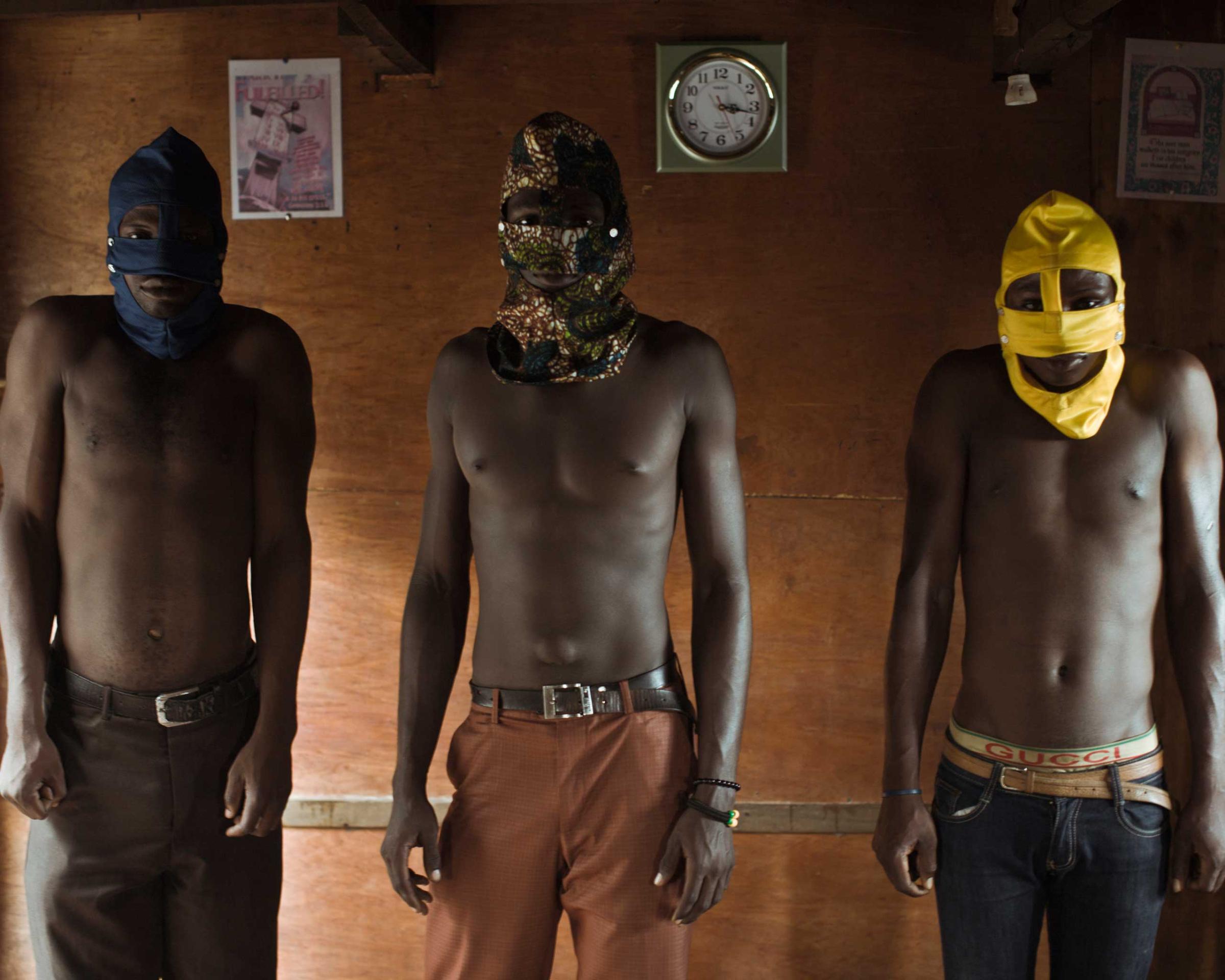
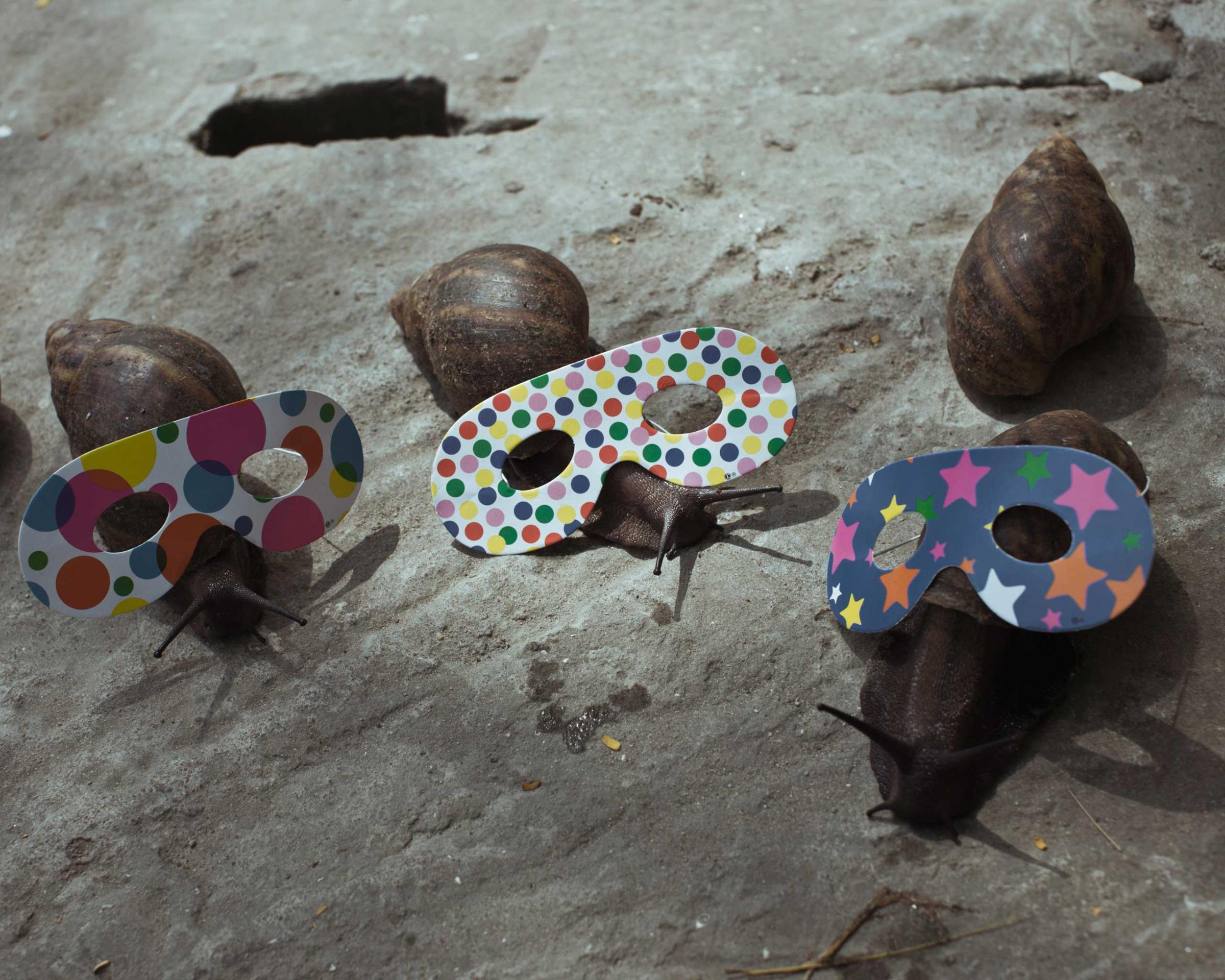
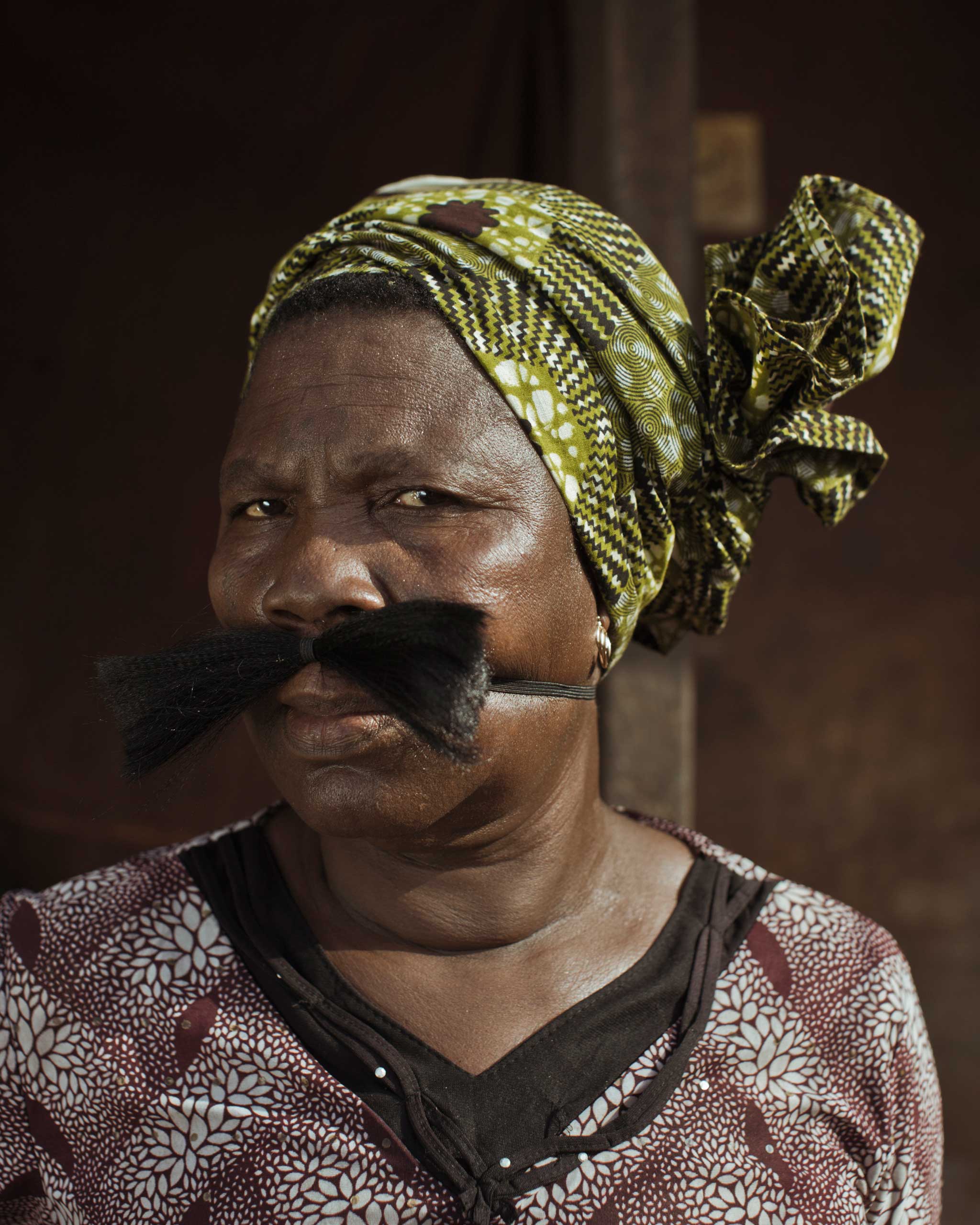
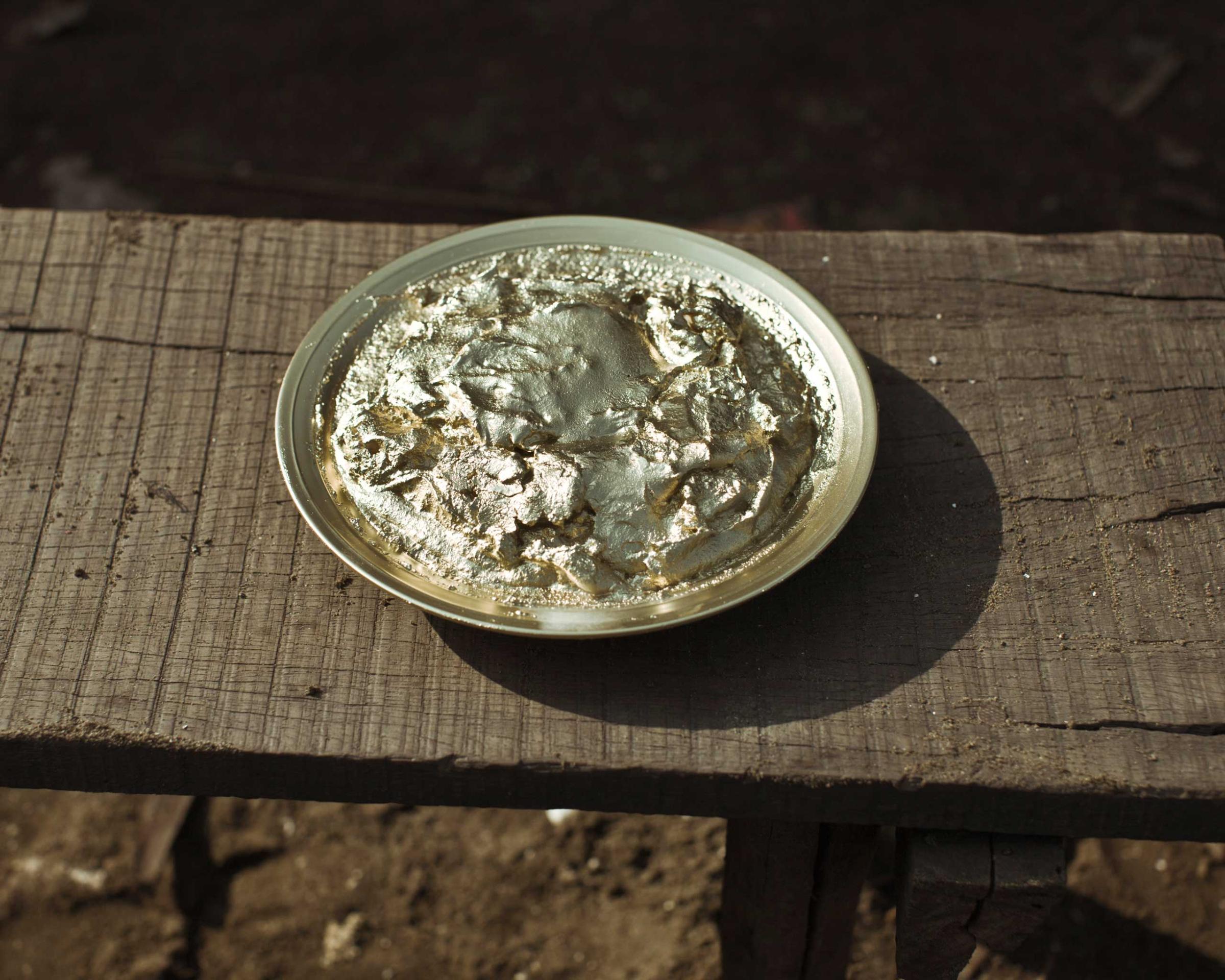
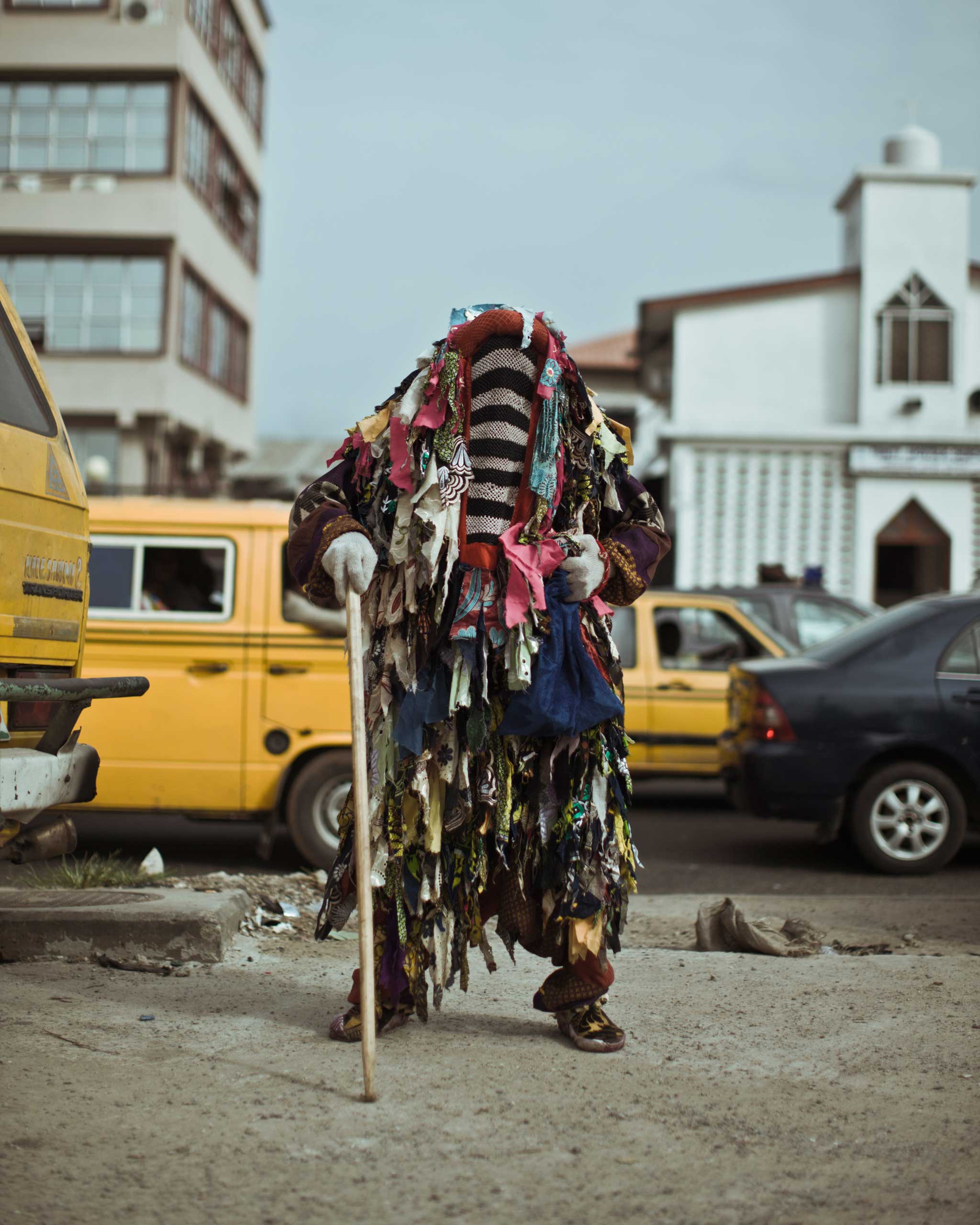
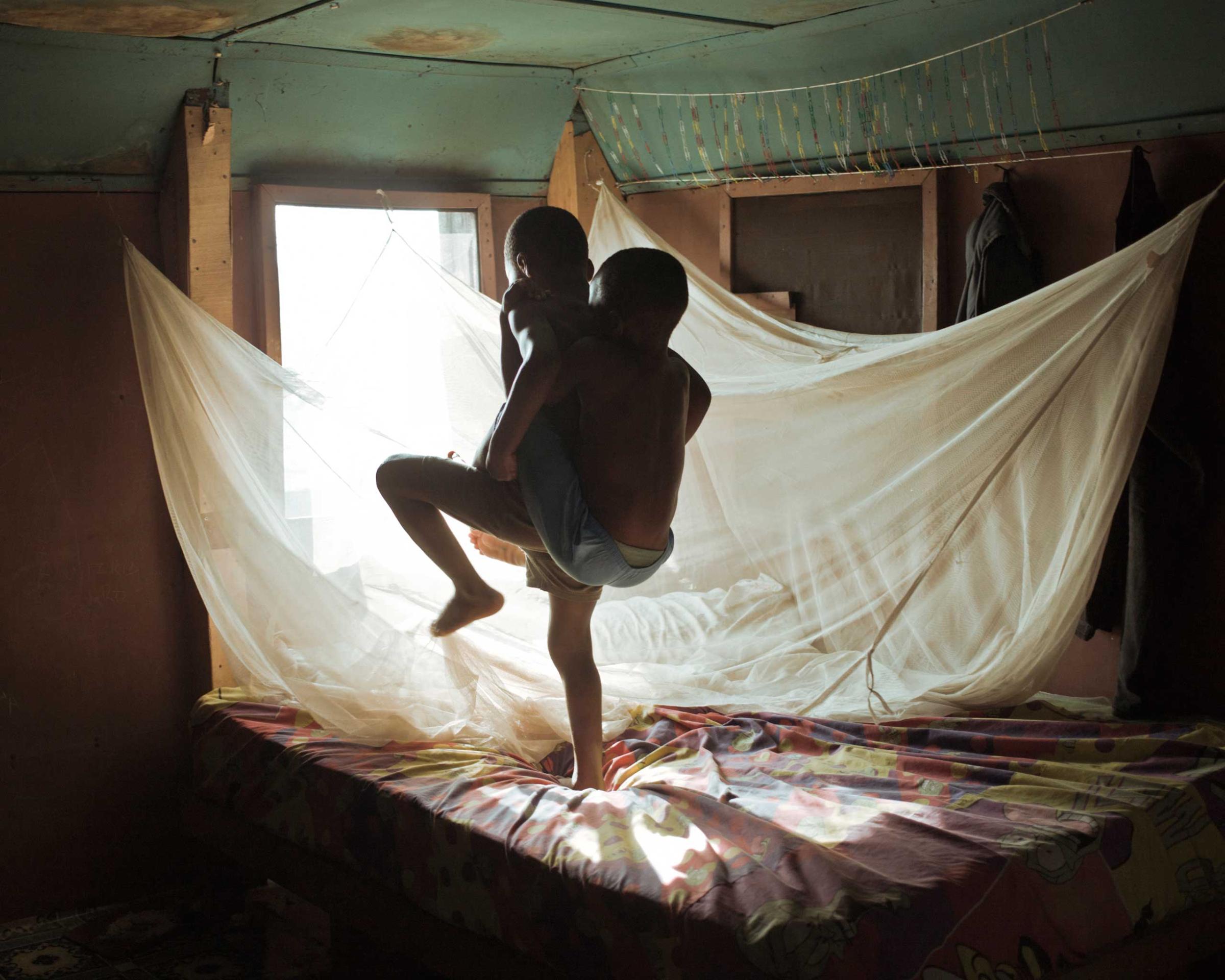
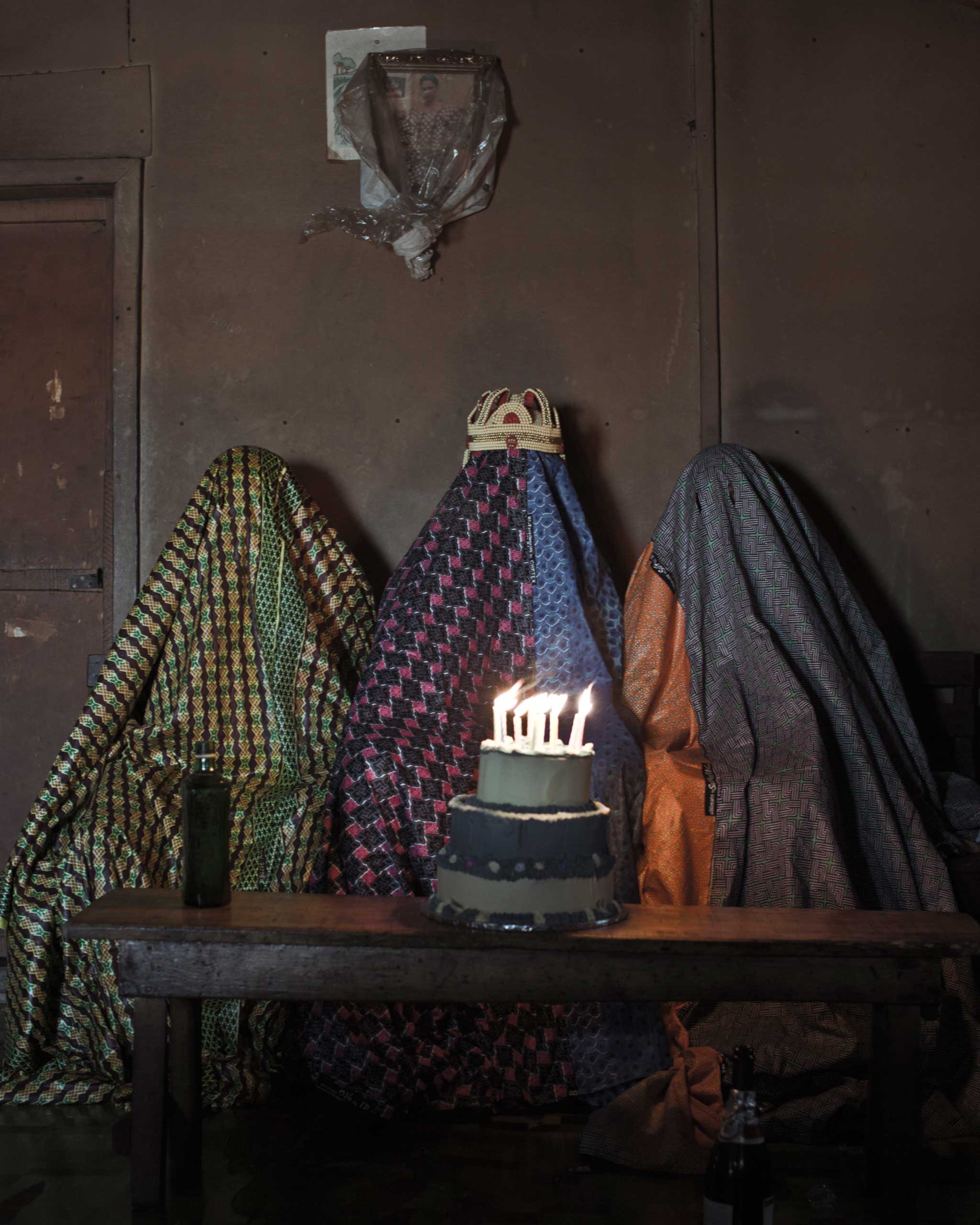
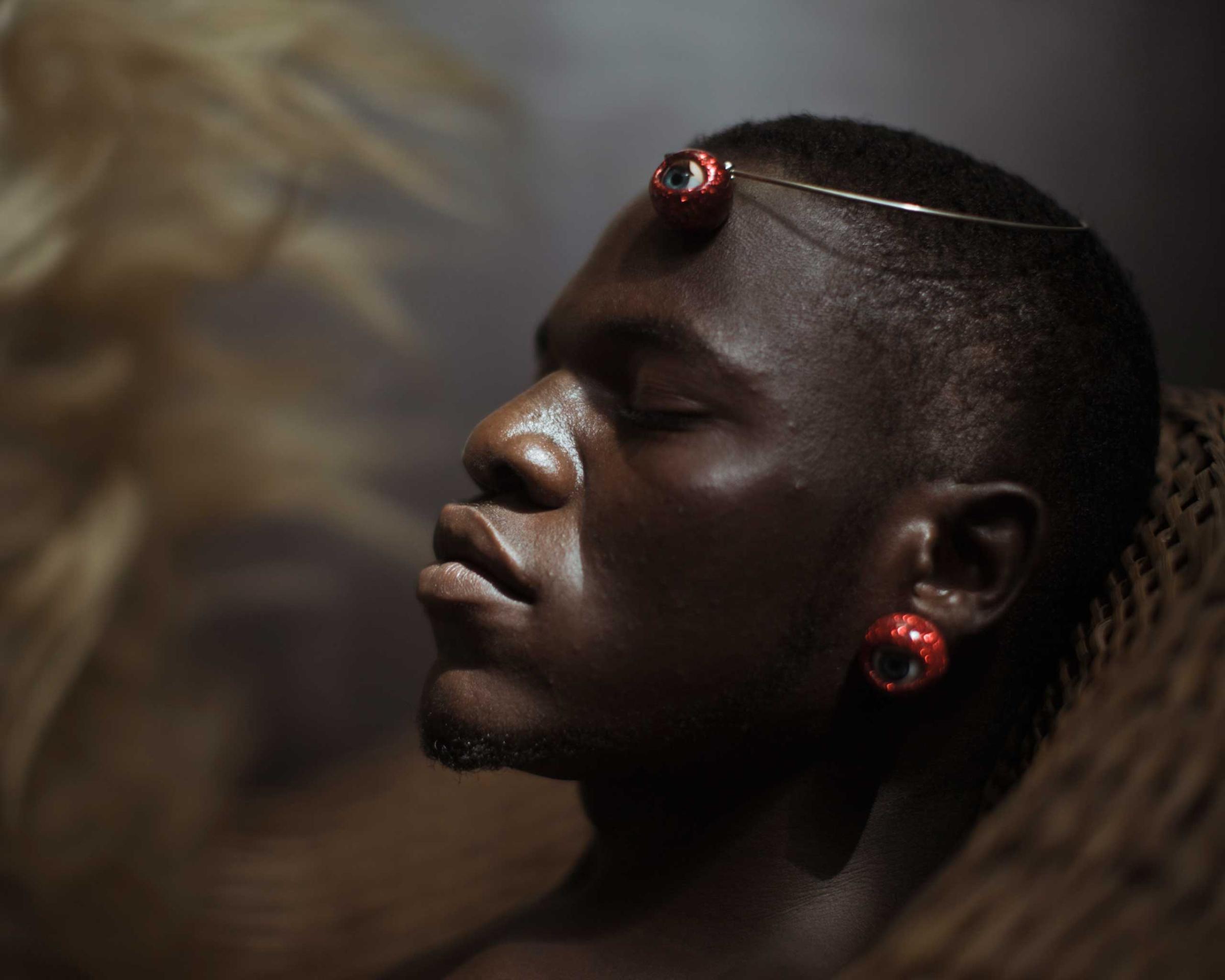
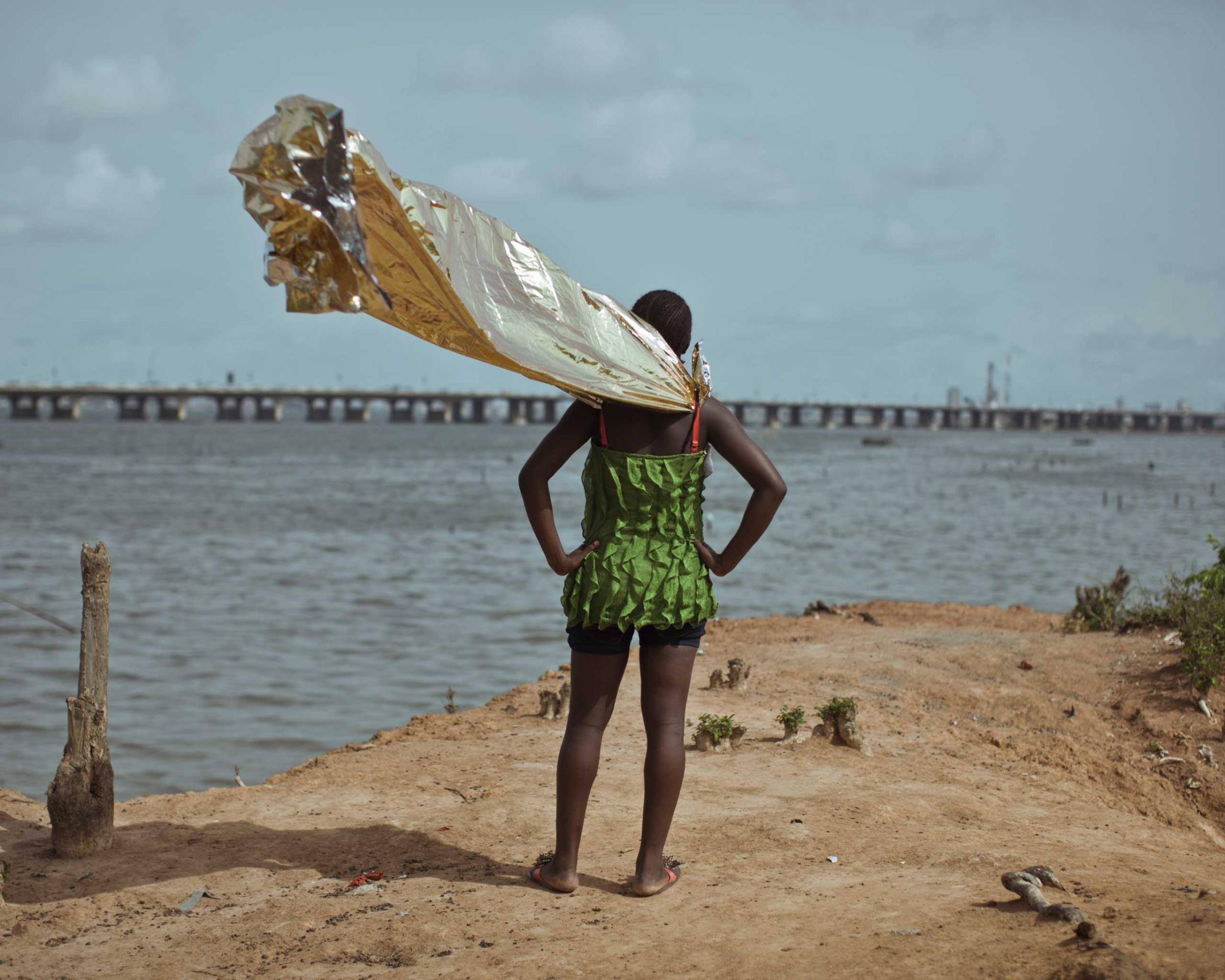
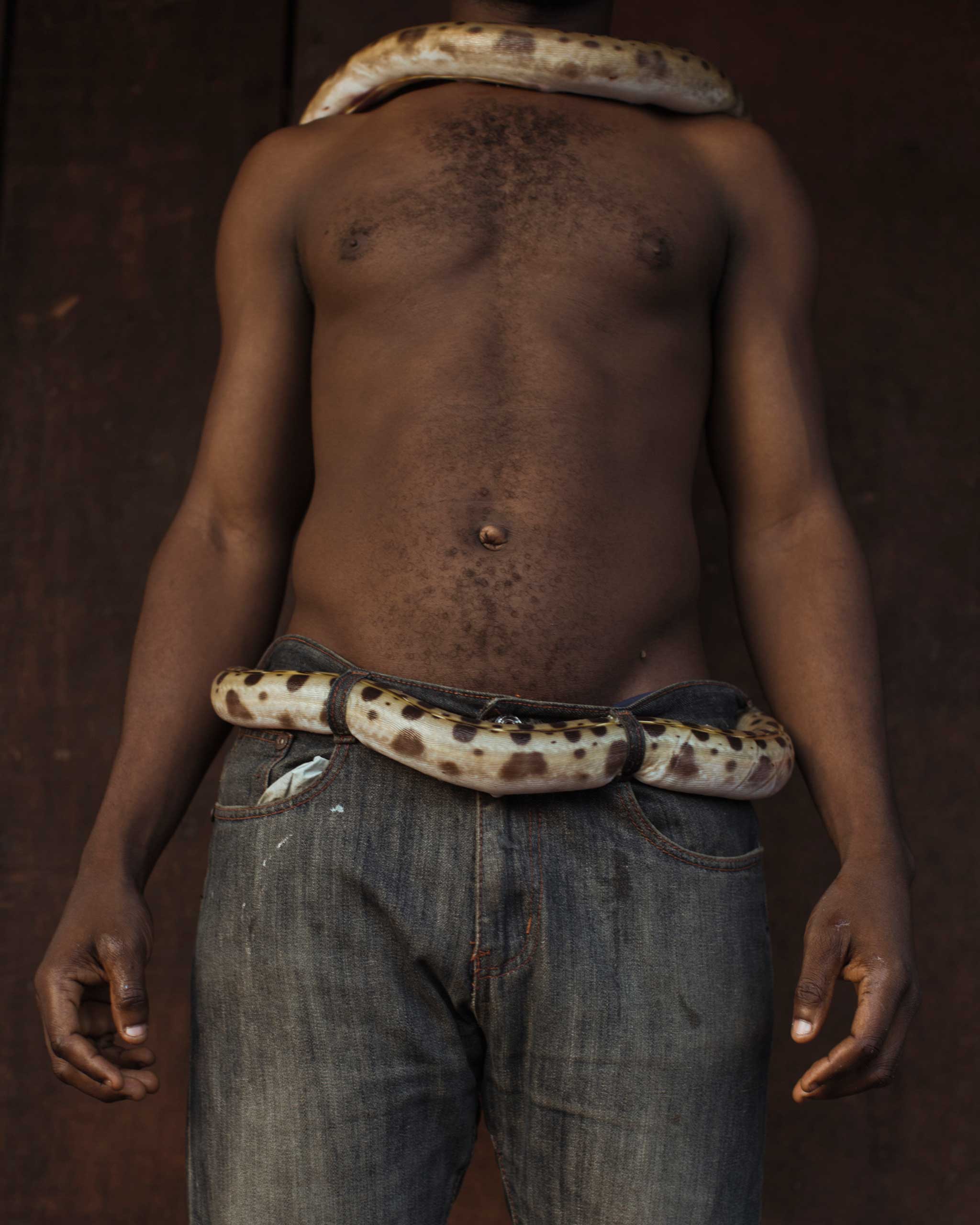
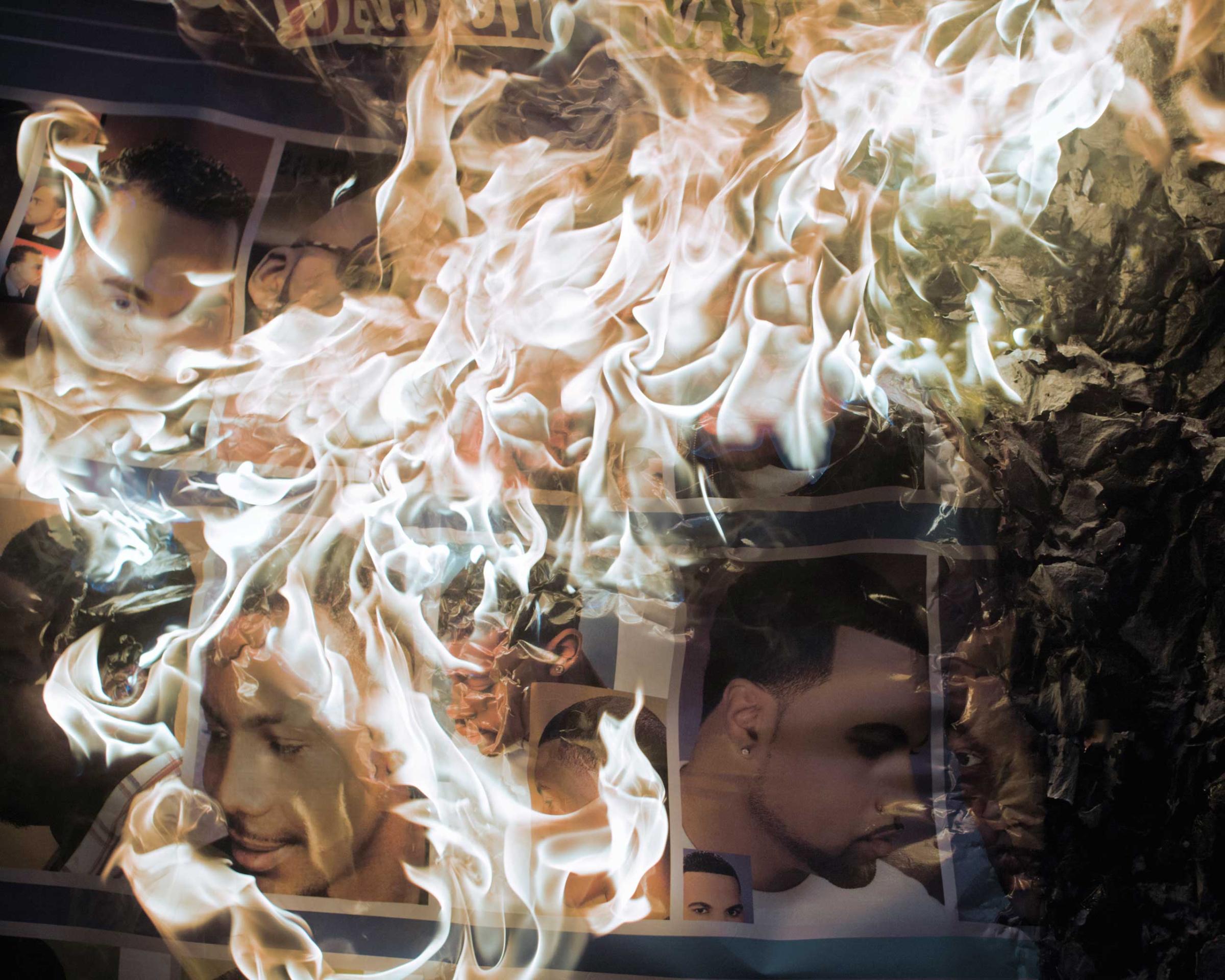
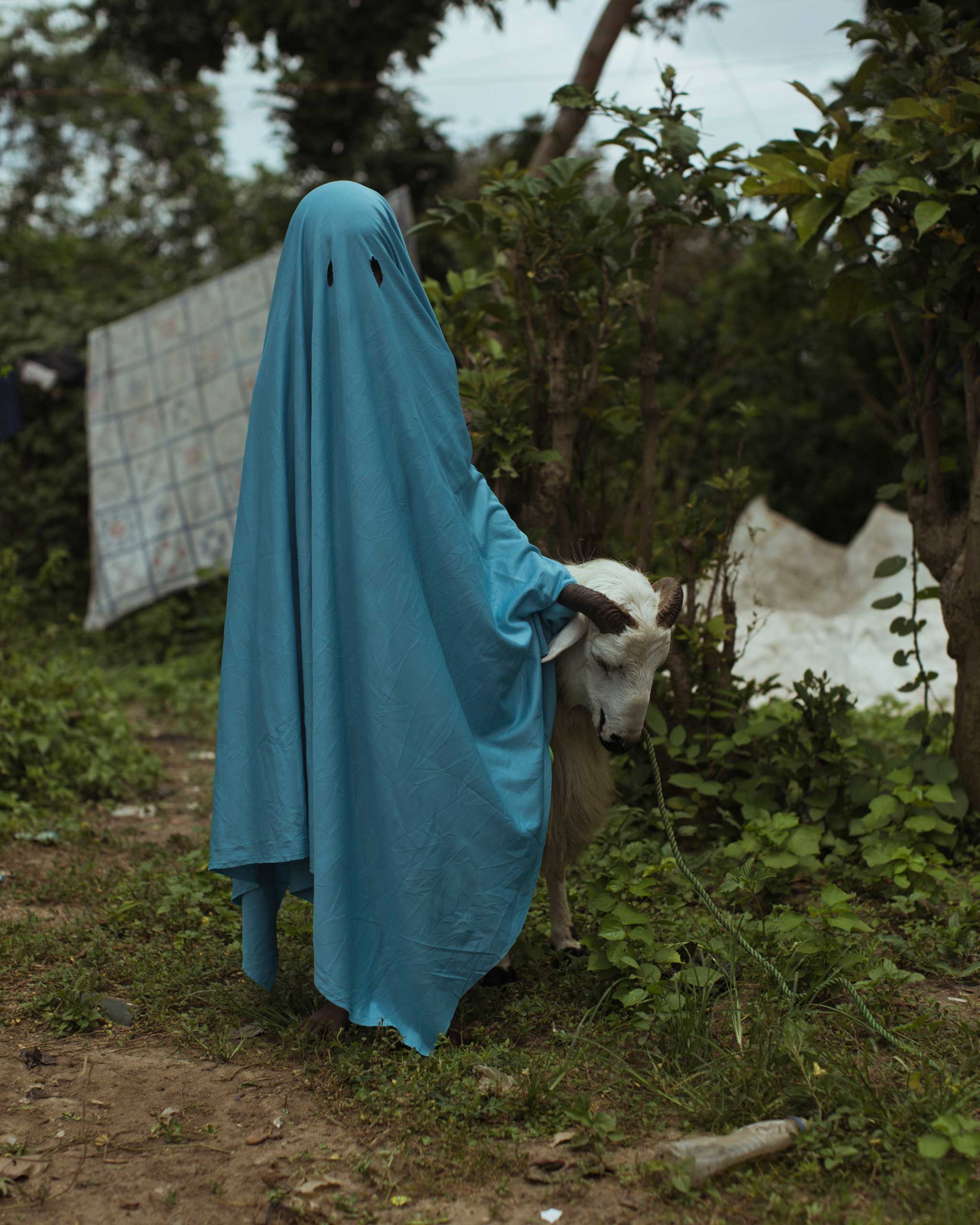
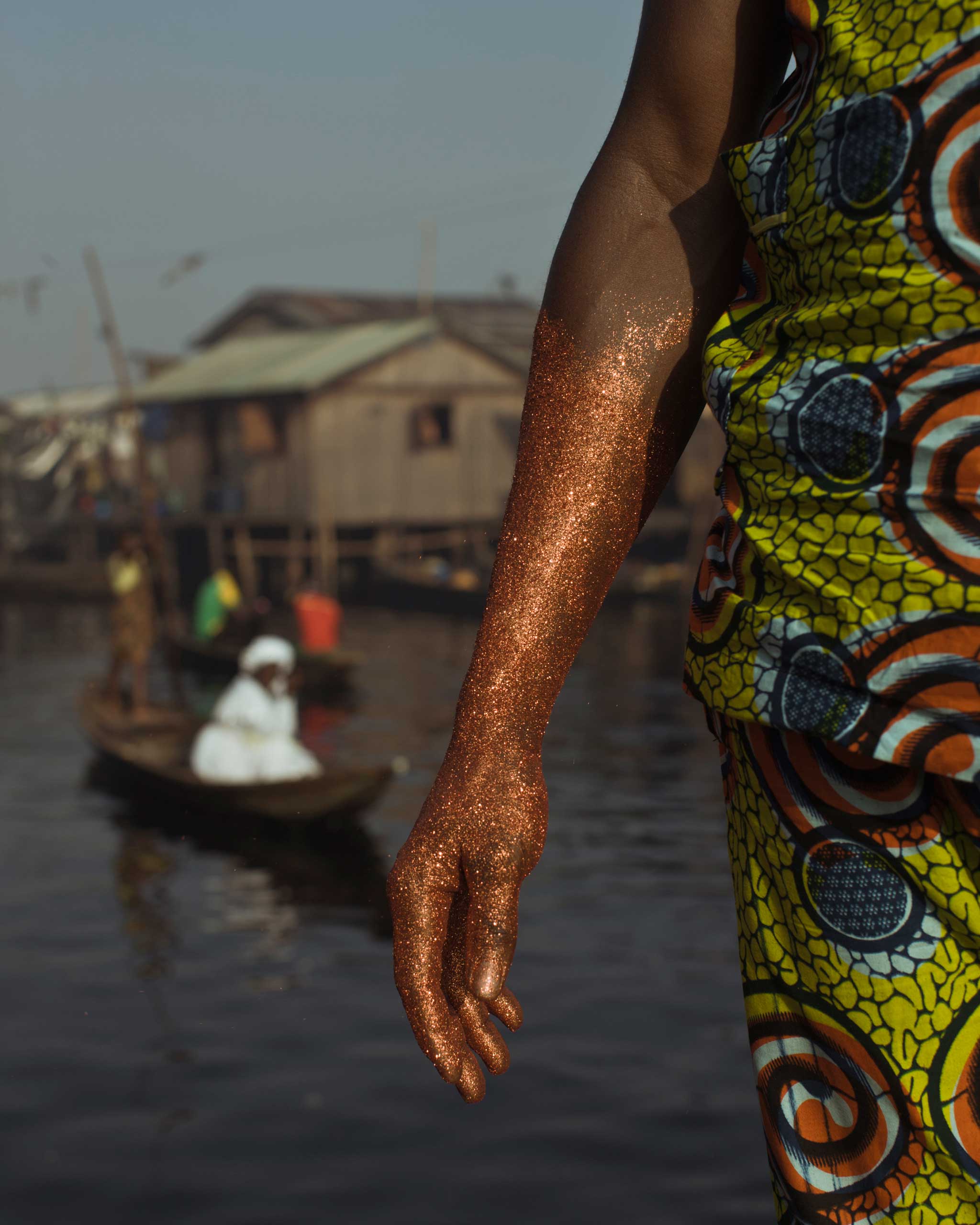
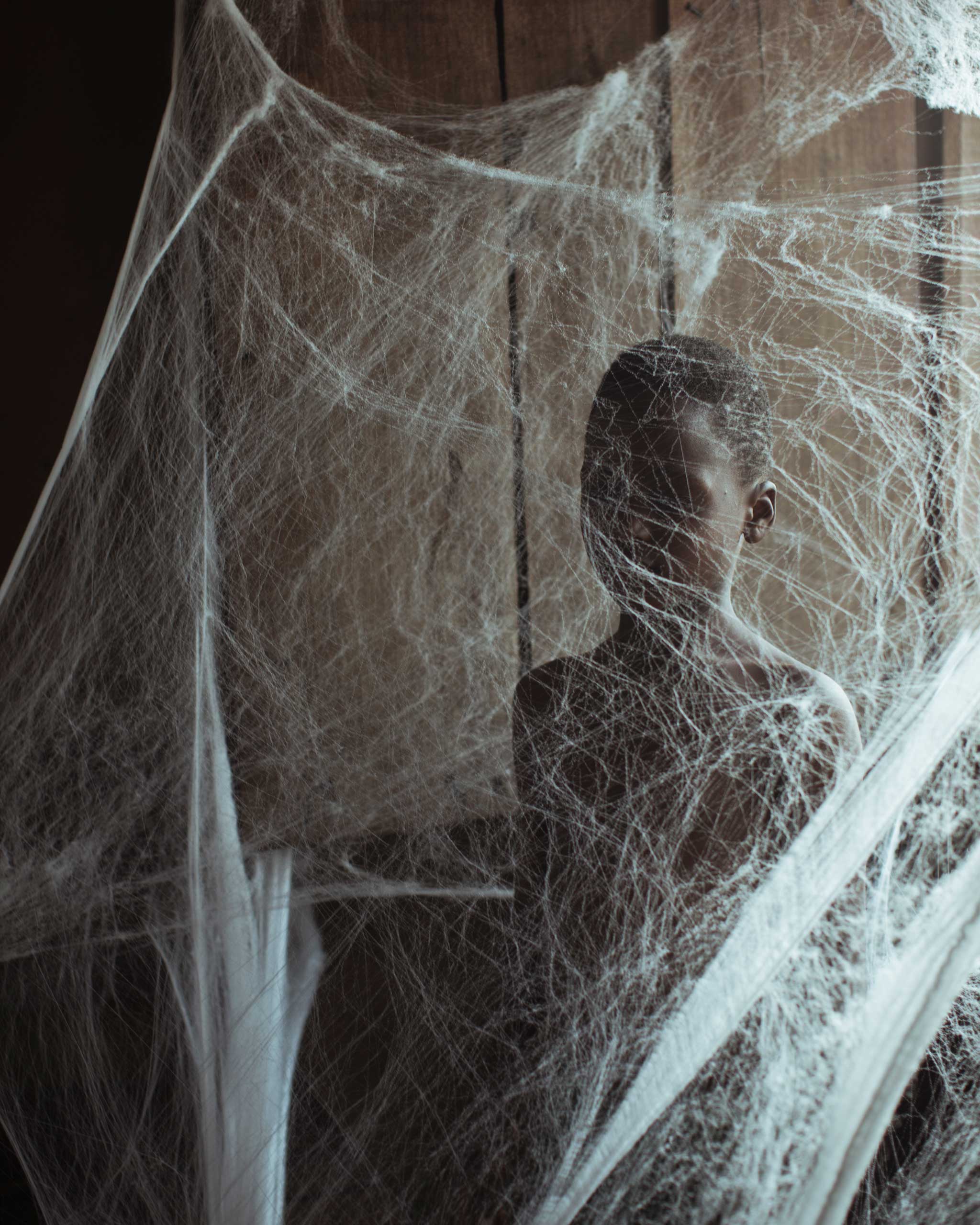
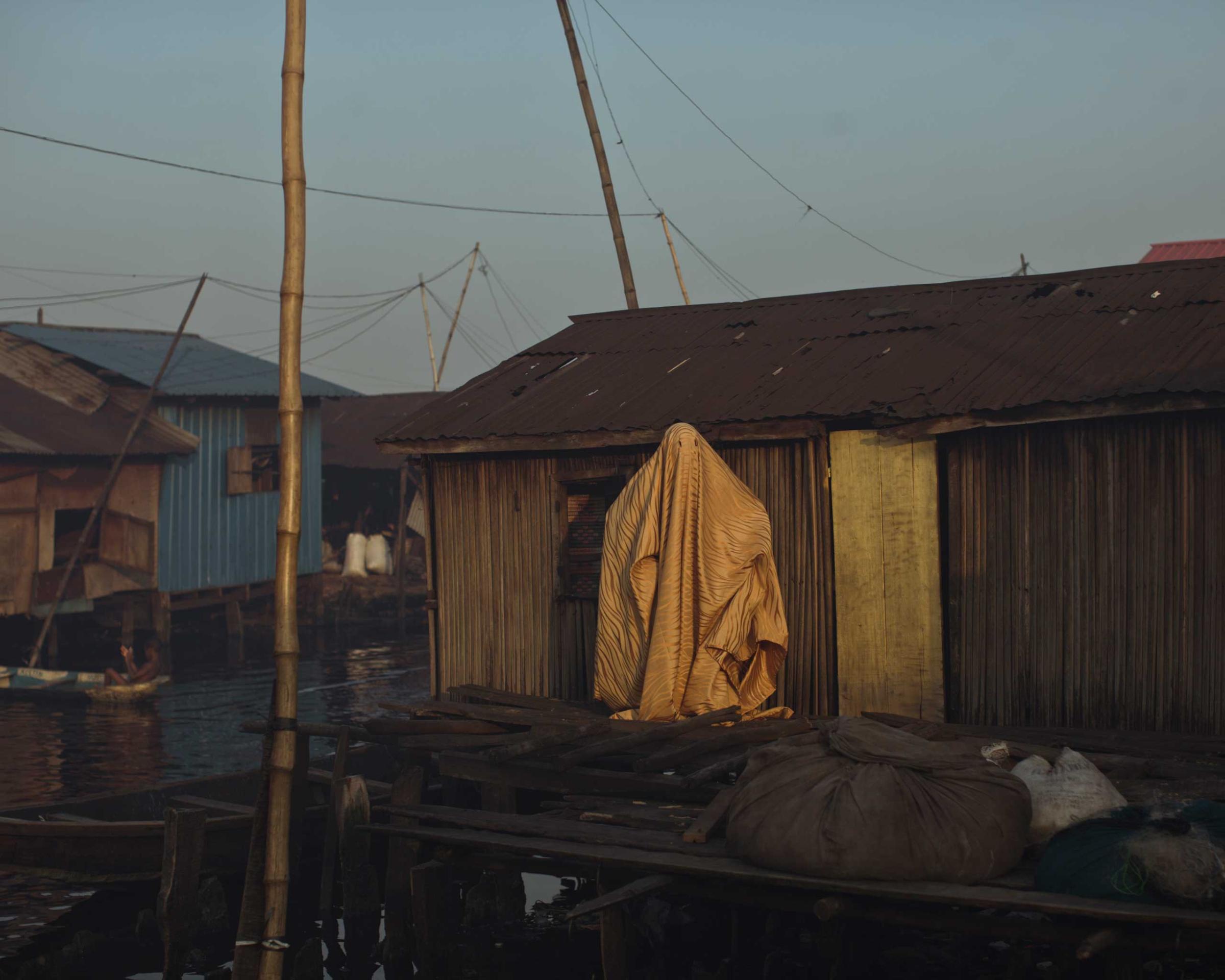
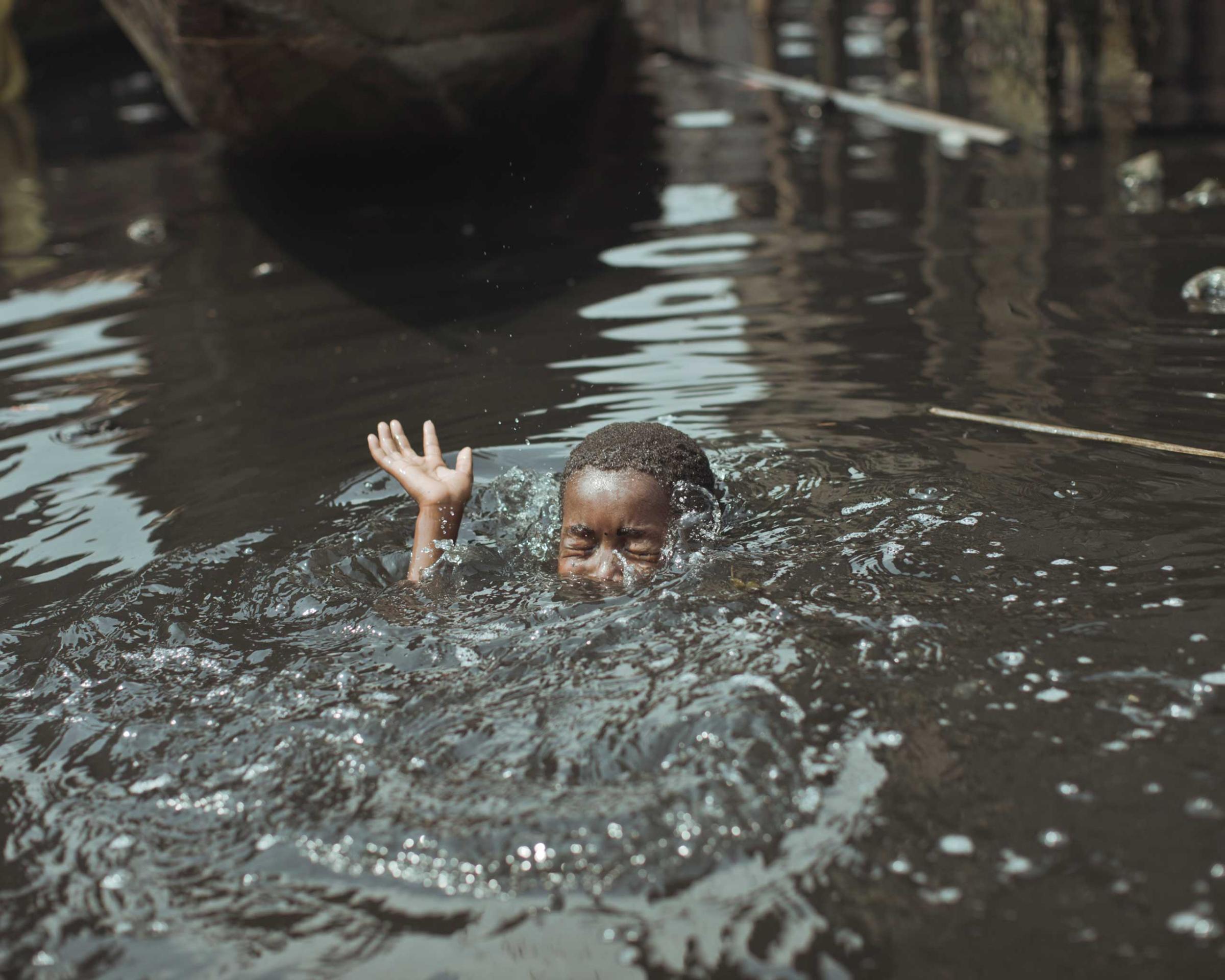
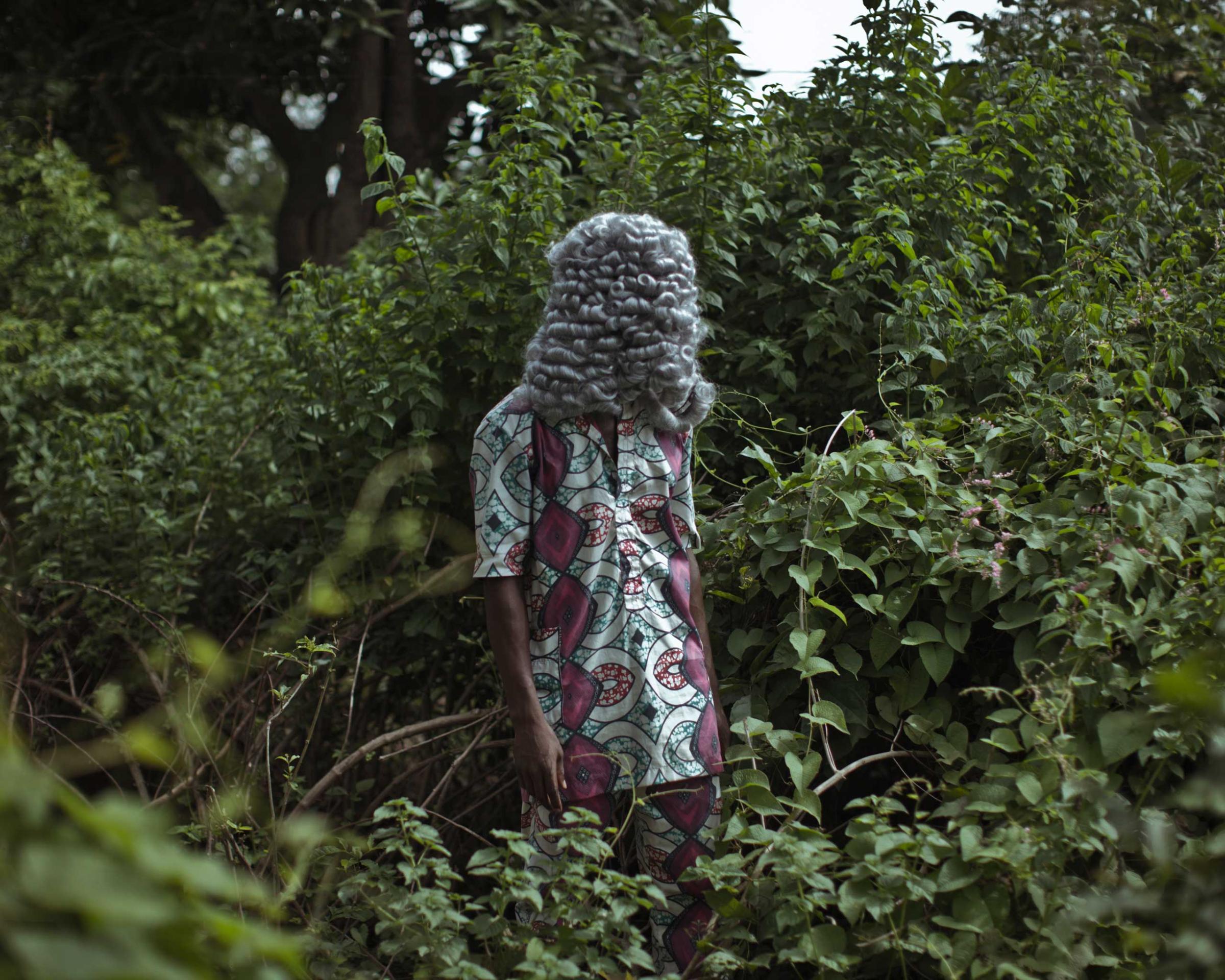
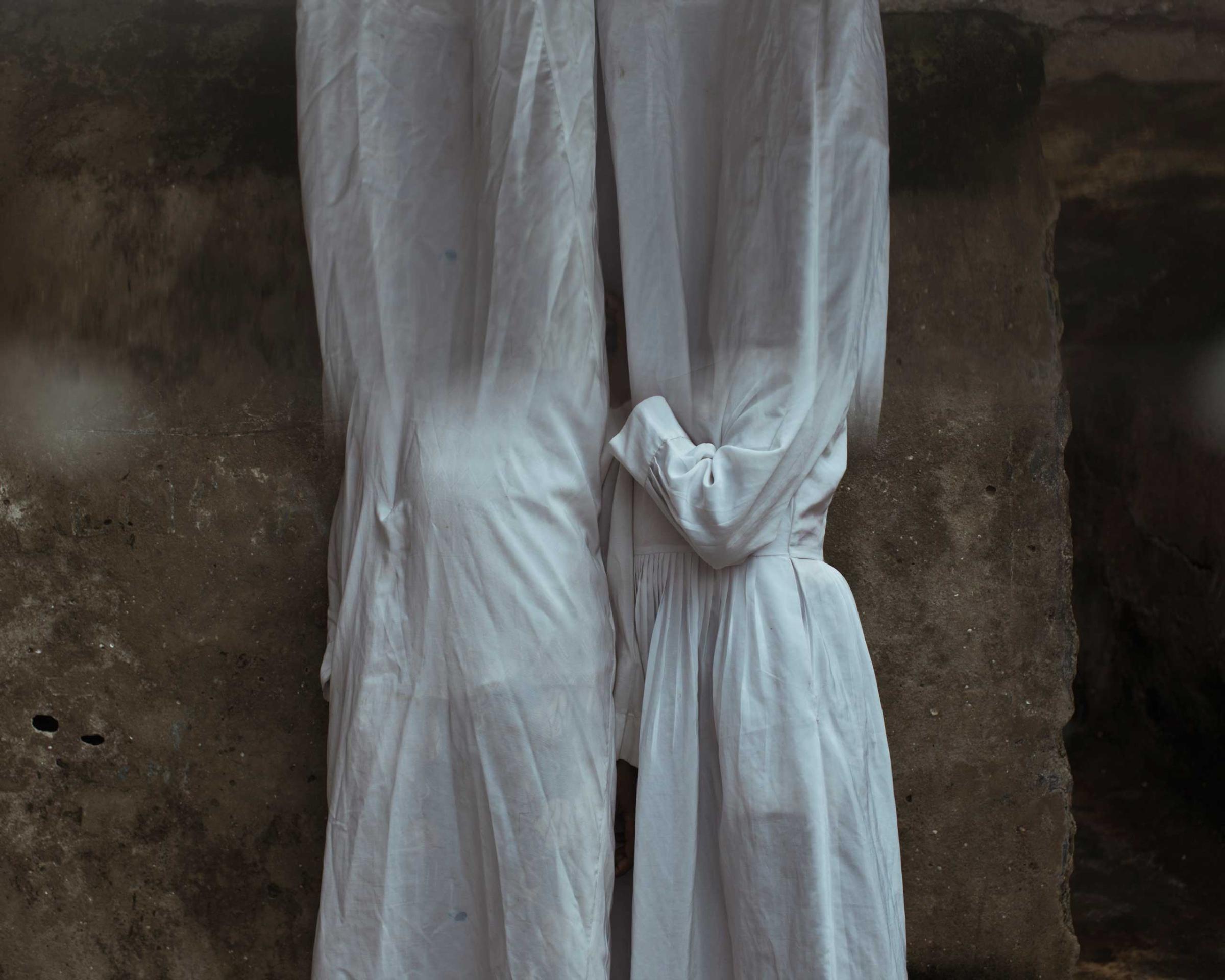
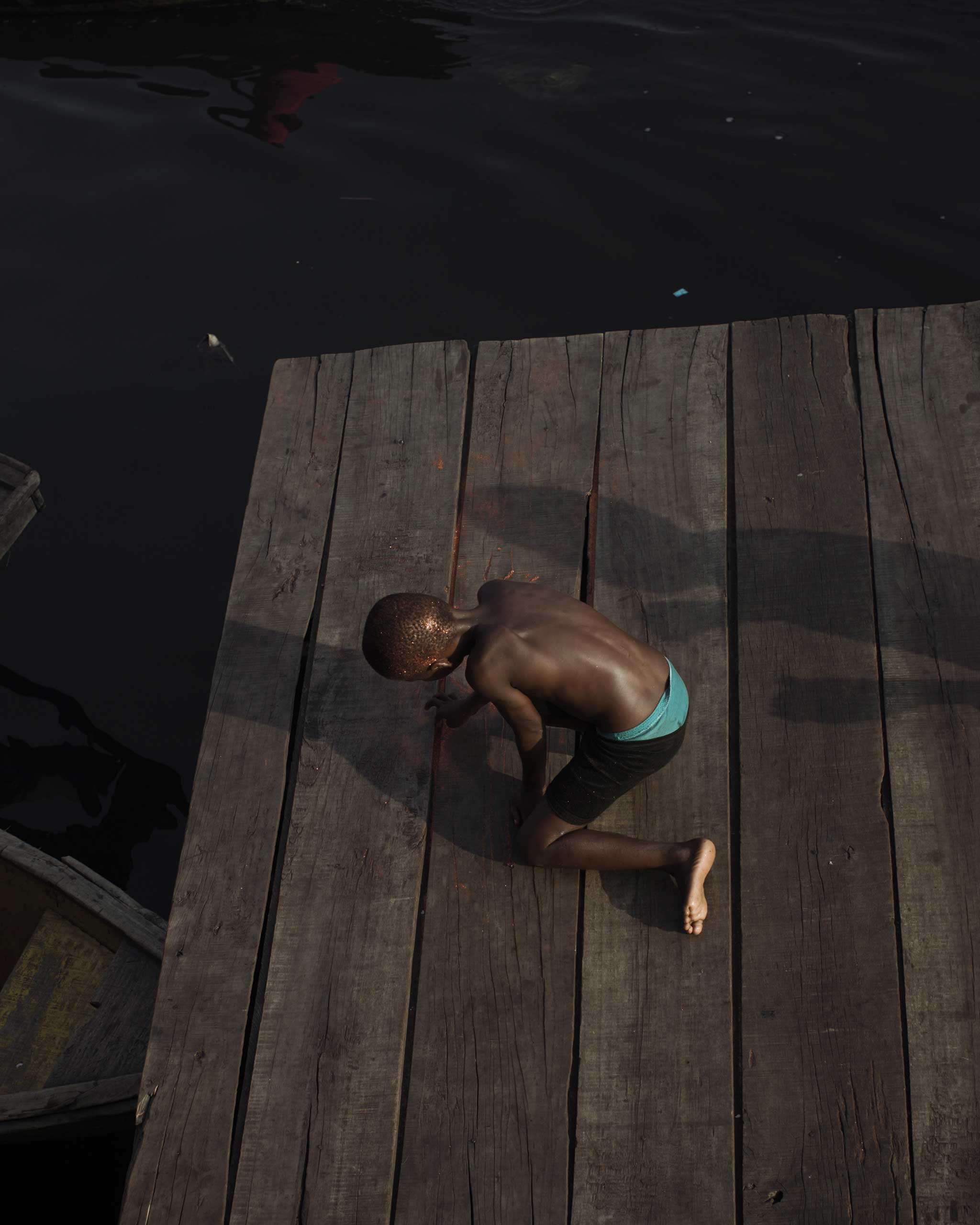
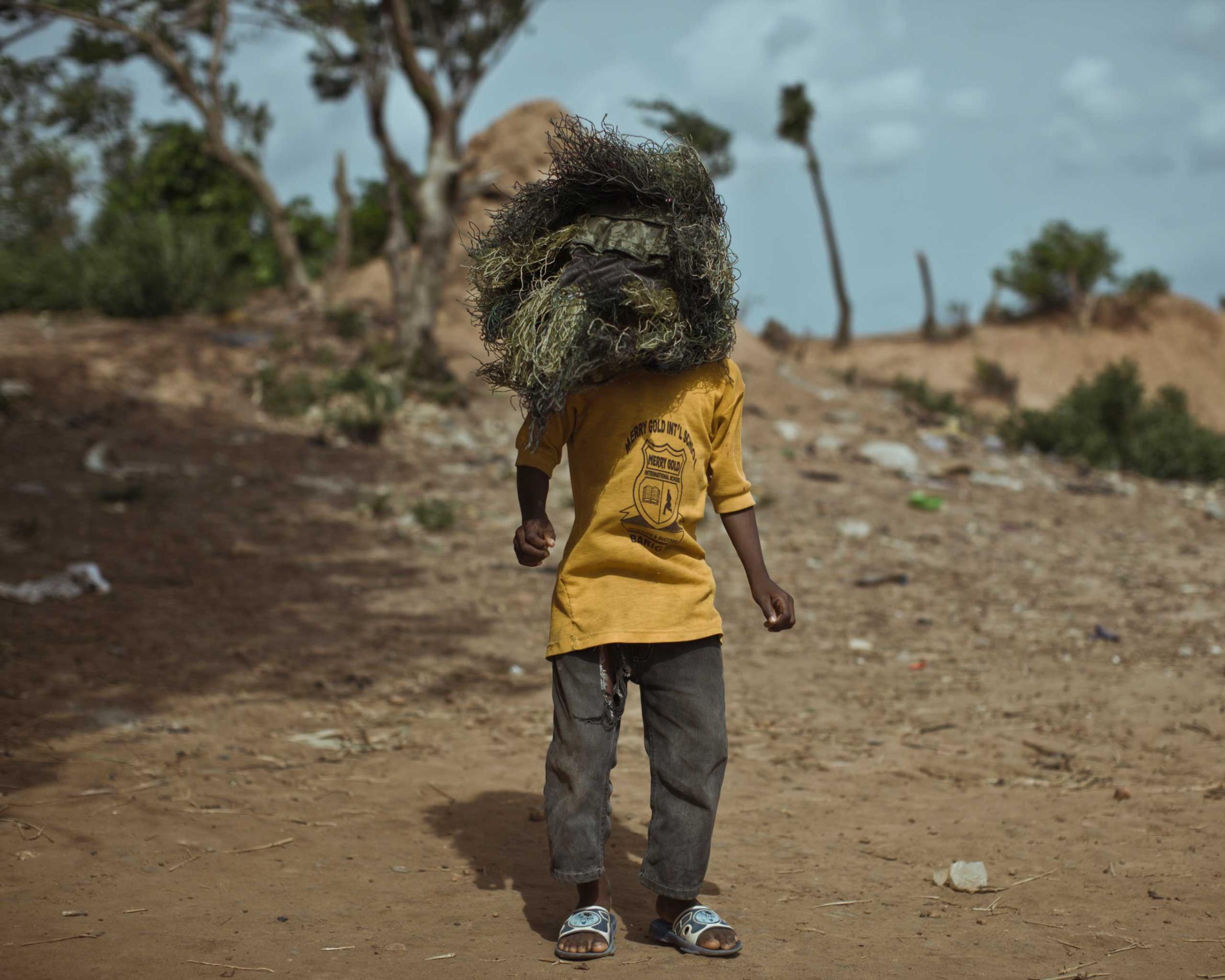
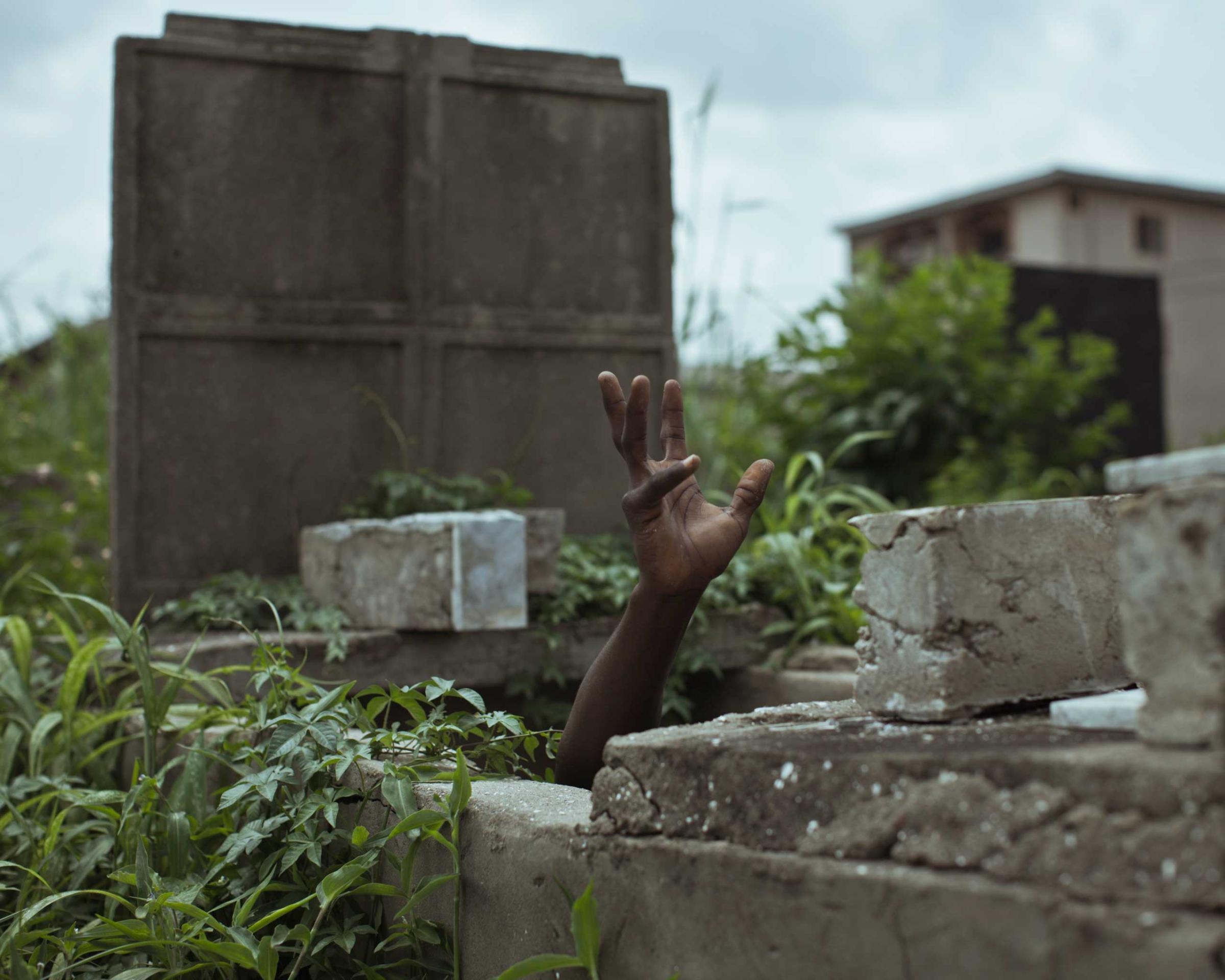
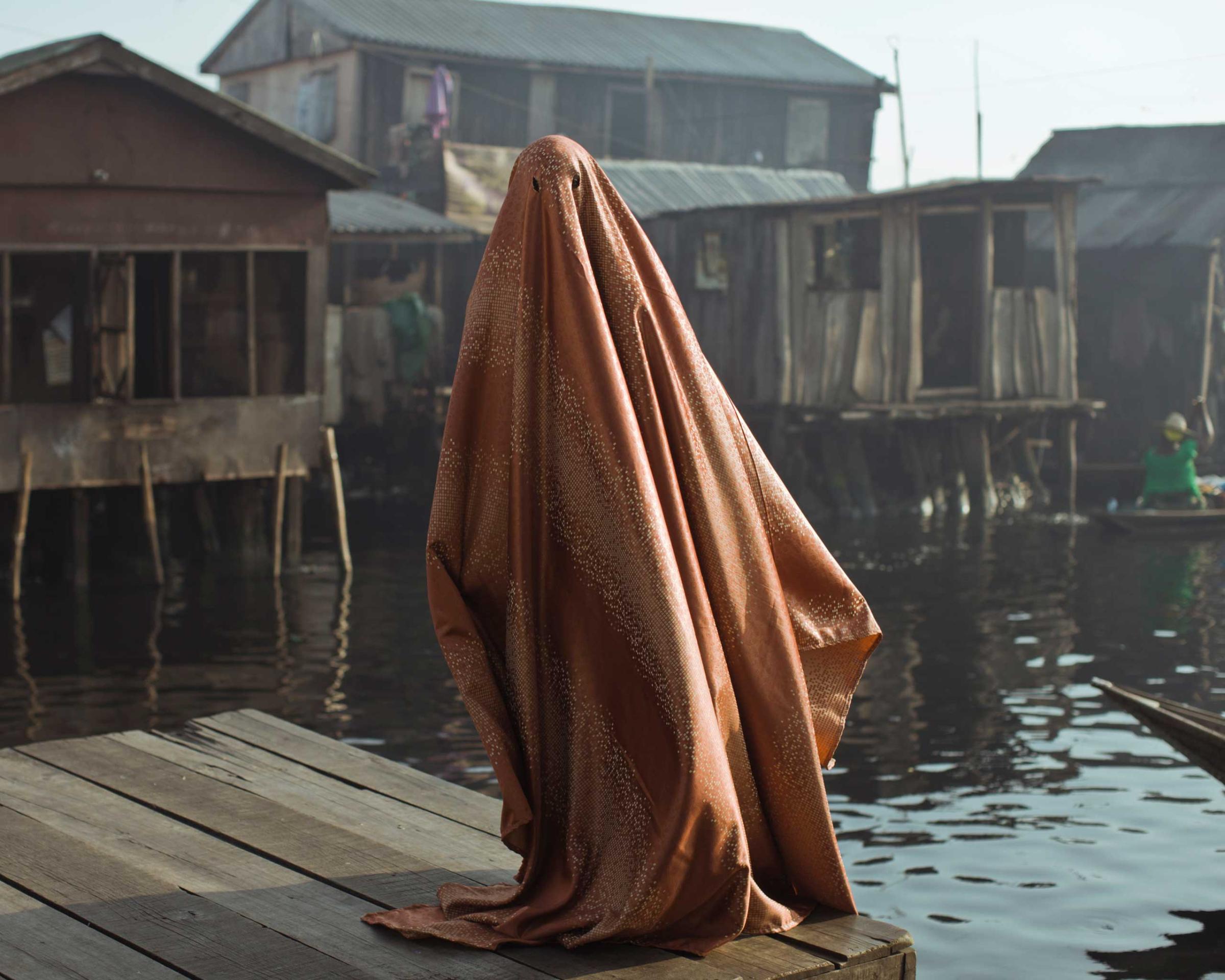
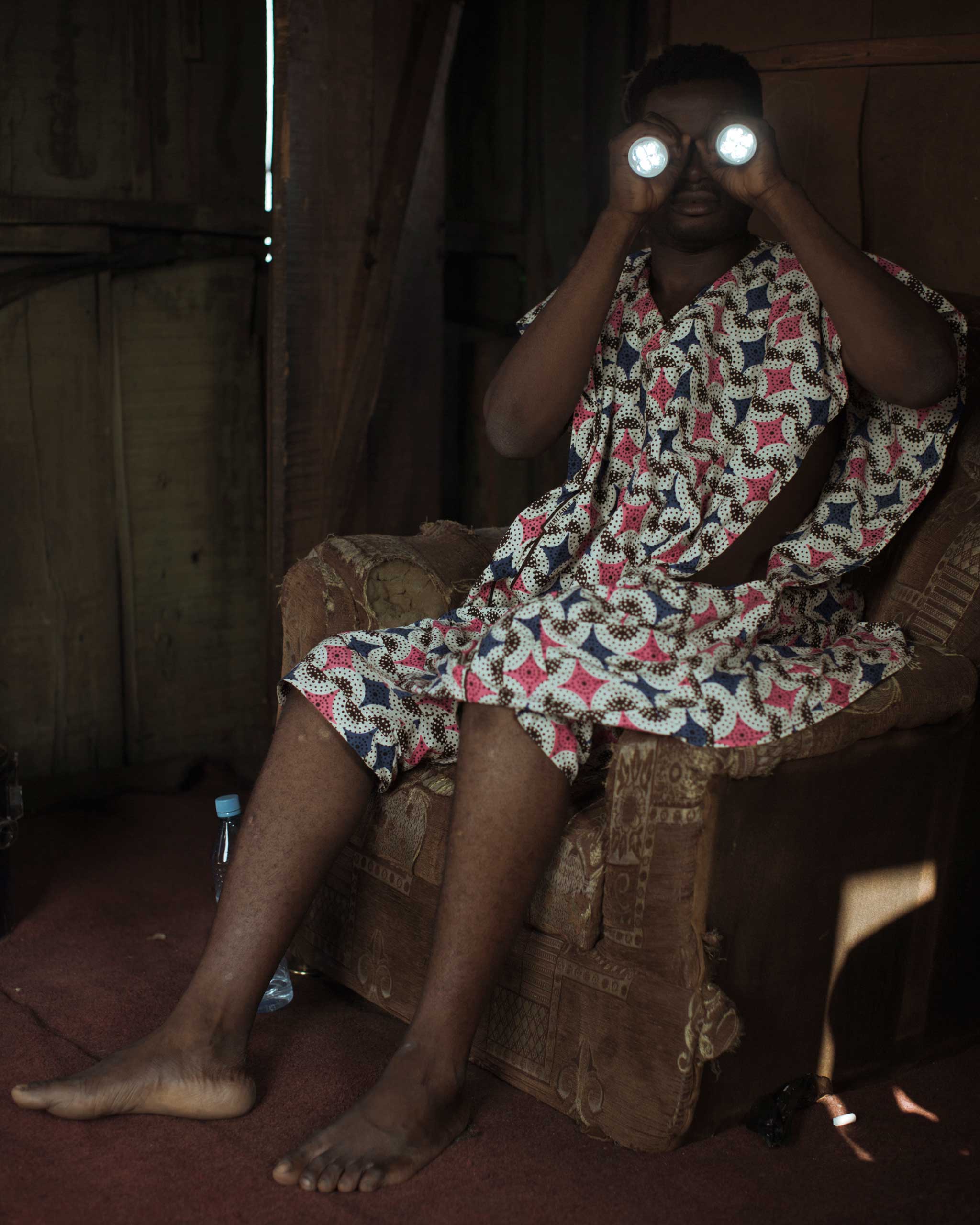
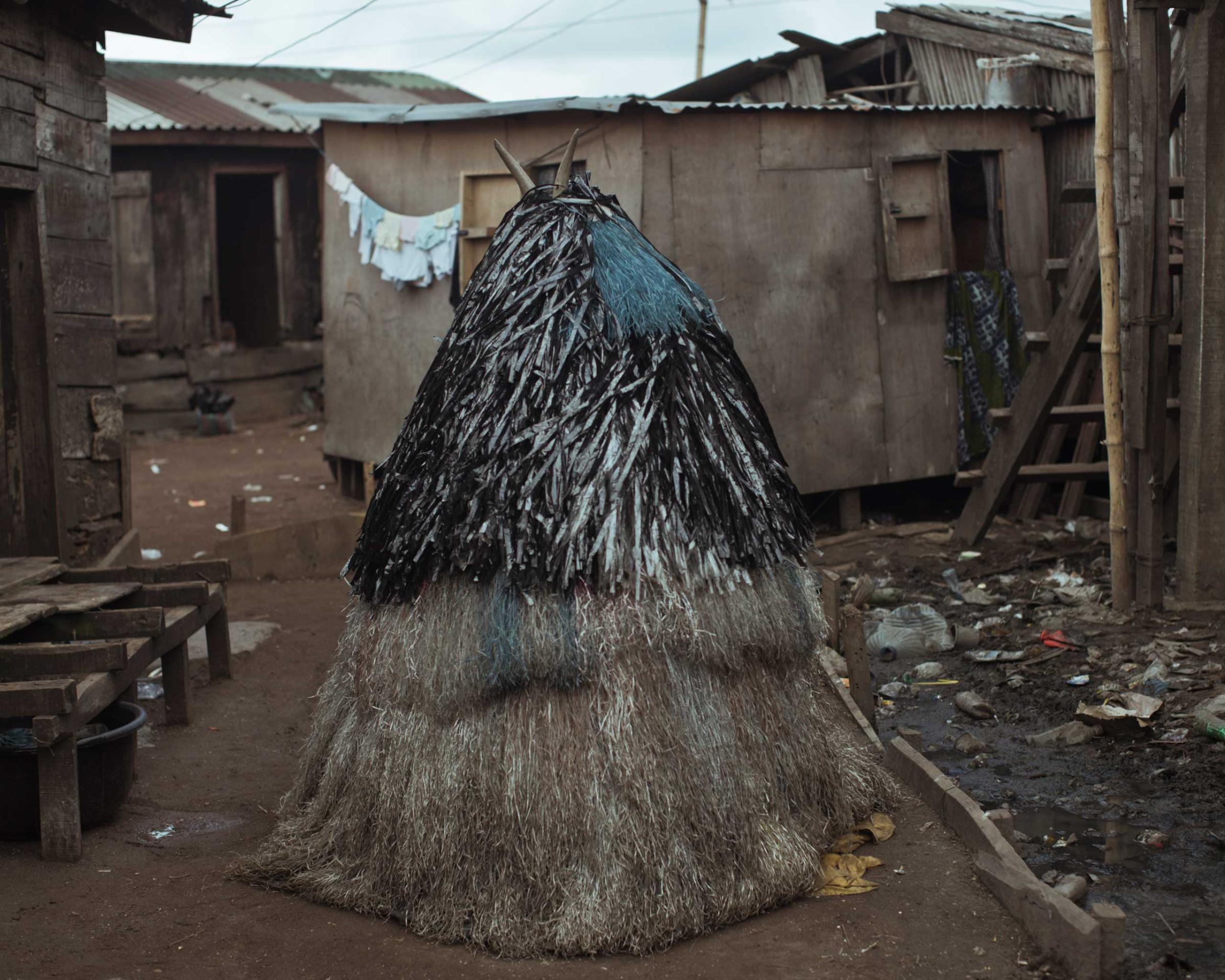
More Must-Reads from TIME
- Donald Trump Is TIME's 2024 Person of the Year
- Why We Chose Trump as Person of the Year
- Is Intermittent Fasting Good or Bad for You?
- The 100 Must-Read Books of 2024
- The 20 Best Christmas TV Episodes
- Column: If Optimism Feels Ridiculous Now, Try Hope
- The Future of Climate Action Is Trade Policy
- Merle Bombardieri Is Helping People Make the Baby Decision
Contact us at letters@time.com